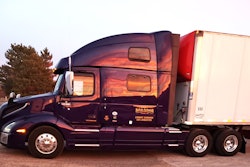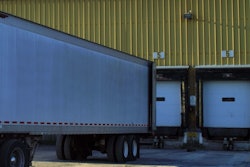Bookkeeping is one of the most important activities of successful owner-operators. The receipts and records you keep are used in a number of areas of your business.
You can simplify the bookkeeping task with simple practices that translate to higher profit with less hassle:
- Save every receipt, no matter how small. Place an envelope in your truck for collecting your receipts, or use dedicated folders on your computer or in the cloud for e-receipts. At the end of each month, send them to your business services provider, who can sort and tally them and provide you with a monthly profit-and-loss statement as well as accurate quarterly tax estimates.
- Open a separate checking account for your business. If you are the sole owner of the business, open an additional personal account and save yourself the extra fees that are associated with business accounts. Deposit your settlement checks and collected invoices in this account, and pay yourself for driving from these funds.
- Use a separate credit card for business expenses. Likewise, it’s wise to keep business and personal credit card spending distinct. Find a credit card without an annual fee and with the lowest interest rate possible (ideally, too, one with a generous rewards plan). Pay the balance in full every month.
- Save your logs. Your log records are the best proof of your entitlement to per diem expenses, mainly meal costs. If you’re using an ELD, know how to save and access your history.
- Get a notebook to carry with your receipt envelope. Use this notebook -- alternately, a document or spreadsheet record on your smartphone or computer -- to record those expenses for which you cannot obtain a receipt, such as when you wash your truck at a pay facility, business use of your auto, etc. Give a monthly record of these expenses to your business services provider along with your other receipts.
- Save your records. You must keep the records that were used to prepare your tax return -- records that support income and deductions -- for three years from the date you filed the return. Other records to keep include quarterly estimated tax payments, insurance documentation, maintenance records and more.
Find more detailed information about ways to simplify bookkeeping and best business practices, among a myriad of other topics, in the Overdrive/ATBS-coproduced "Partners in Business" manual for new and established owner-operators, a comprehensive guide to running a small trucking business. Click here to download the updated 2022 edition of the Partners in Business manual free of charge.










